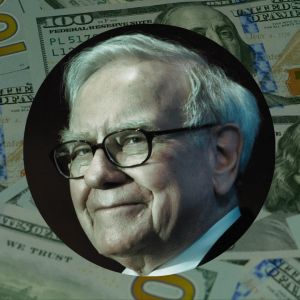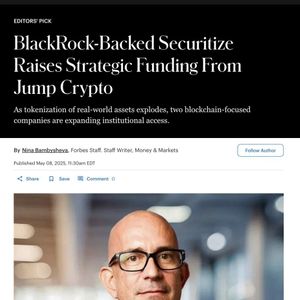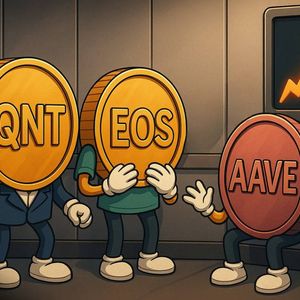In Berkshire Hathaway’s annual shareholder meeting held last Saturday, Warren Buffett announced that he will step down as CEO of the company by the end of the year. The 94-year-old CEO, known as the “Oracle of Omaha,” named Vice Chairman Greg Abel as his successor to lead the $1 trillion conglomerate into its next era. Buffett, who has been at the top of Berkshire Hathaway since 1965, leaves behind a financial legacy that pushed shares up by a jaw-dropping 5,502,284%. But as he prepares to hand over the reins, the company and Abel now have to decide what to do with the $350 billion in cash reserves Buffett is leaving them with. A businessman is only as good as his liquidity, so a cash portfolio isn’t that bad to have, right? Well, not quite. $350 billion cash reserves, what to do? Berkshire Hathaway ended 2024 with $334 billion in cash, the largest sum it has ever held after selling $134 billion in stock from several firms including Apple and Bank of America, throughout 2024. Since then, that number has swelled to a whopping $350 billion as of May. Cash is the safest go-to for any institution in uncertain markets, but it also limits returns, especially when inflation and low interest rates eat away at real purchasing power. Buffett himself insists that he does not consider cash a superior long-term investment. In his 2024 annual letter to shareholders, he said Berkshire “will never prefer ownership of cash-equivalent assets over the ownership of good businesses, whether controlled or only partially owned.” The most pertinent problem with stockpiling cash is one the exiting CEO himself has told tales about: inflation. Holding billions in cash may feel safe during lengthy periods of economic headwinds, but the erosion of purchasing power over time can quietly undermine even the largest portfolios. Certificates of deposit and high-yield savings accounts may offer returns in the 4% to 5% range. However, compared to the S&P 500’s average annual return of over 10% across decades, they count for nought. Will Berkshire’s new CEO change strategies? Incoming CEO Greg Abel is a seasoned executive with experience across Berkshire’s holdings. But the watchful eyes of investors are wondering how he’ll deploy the company’s cash and uphold Warren Buffett’s business principle of, disciplined investing. Observers note that Buffett’s cash management would make it rough for Abel to make decisions in the company. We don’t think Abel wants to be the next Warren Buffett, nobody can, nobody will. He is worth $160 billion because he spent years learning stocks, skimming through financial reports, and almost religiously following 90-year-old manuals. Cash makes you ‘ready for the right moment’ According to some economists, in the event of an economic downturn, Berkshire will be in a powerful position to act while others are retreating. Crypto analyst and private equity investor Miles Deutscher explained his own strategy of holding more than 50% of his net worth in cash. Through a short thread on social platform X, he asserted that “fund managers would cringe at that portfolio weighting.” For Deutscher, cash helps investors move their market positions quickly without the need to liquidate assets at inopportune moments. The question for Berkshire is does Abel see Buffett’s cash-heavy strategy as the best way to go? or will he follow what Wall Street firms do best, deploying capital aggressively? The 62-year-old Vice Chair has $350 billion in cash at his disposal, he can either make the best out of it, or tear down 60 years of Berkshire Hathaway’s success story.

















